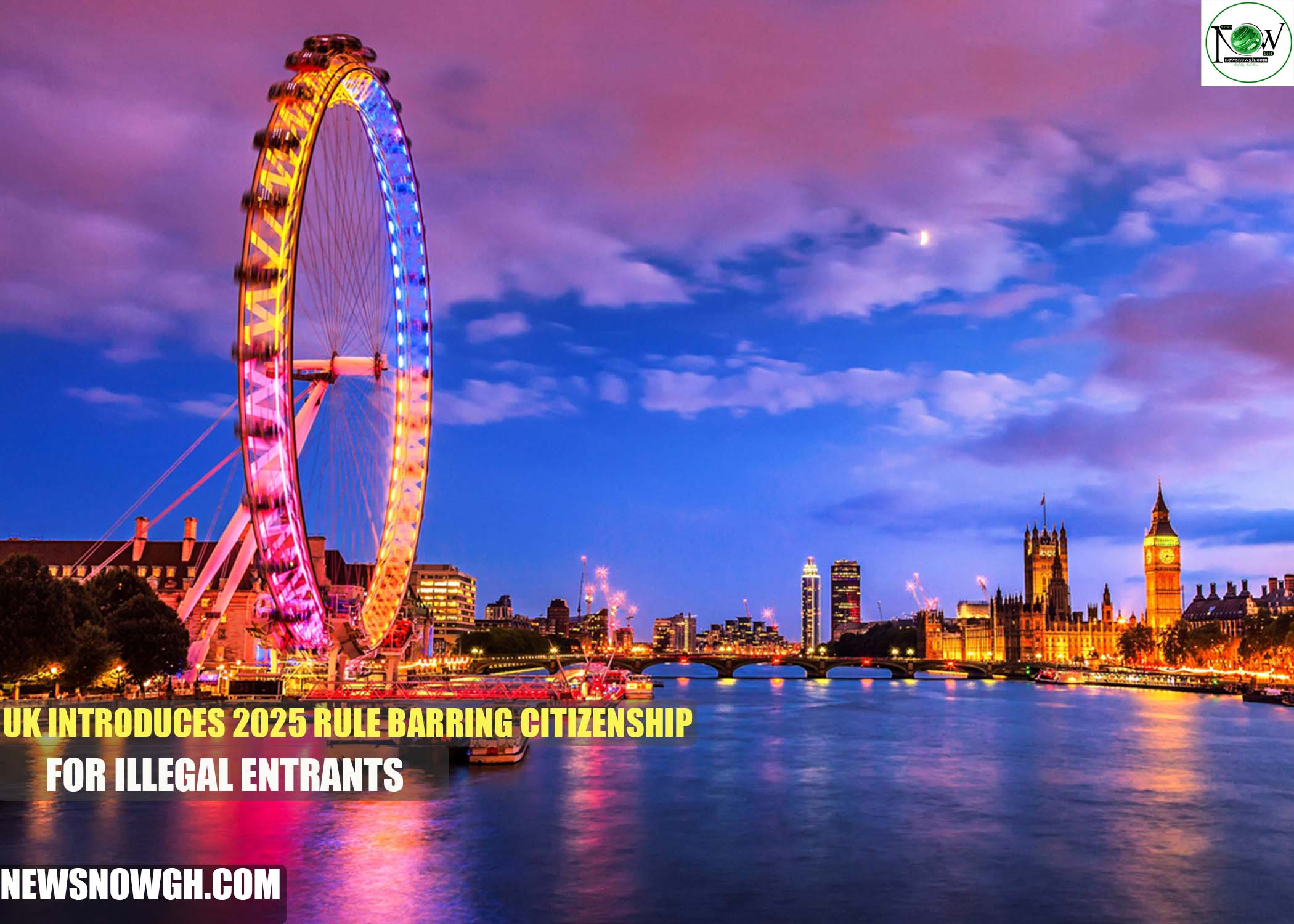UK Citizenship 2025: New Rule Barring Citizenship for Illegal Entrants
The UK has introduced a significant immigration reform that affects individuals who enter the country illegally. Starting February 10, 2025, this new rule will deny British citizenship to those who have crossed the border unlawfully. The government aims to deter illegal migration, particularly through perilous routes like the English Channel.
This change marks a major shift in the UK’s citizenship policy. Asylum seekers and immigrants will now face greater obstacles in their pursuit of British citizenship. This decision mirrors similar actions taken in the United States, raising questions about the UK’s international obligations and human rights standards.
Understanding the New Rule
The new regulations clearly state that any individual who applies for UK citizenship after February 10, 2025, and who entered the country illegally will generally be ineligible. This restriction applies regardless of how much time has passed since their illegal entry.
Reasons Behind the Rule
The UK government has expressed urgent concerns about the rising number of migrants using dangerous routes, particularly small boats across the English Channel. These crossings, often undertaken by asylum seekers, have prompted the government to adopt a more stringent policy.
Focus on Small Boat Crossings
The surge in illegal entries via the English Channel has been a major catalyst for this policy. Many of these crossings occur in overcrowded and unsafe boats, making them extremely risky. Since 2018, over 150,000 individuals have arrived in the UK through this dangerous route. Alarmingly, by early 2025, 1,554 people had already crossed the Channel this year alone, as reported by the BBC.
Impacts on Asylum Seekers
The new citizenship rule has generated considerable controversy. Critics argue it contradicts the UK’s commitments under international law. The 1951 UN Refugee Convention states that asylum seekers should not be penalized for entering a country illegally. Many believe this policy undermines those international obligations.
Legal Challenges Ahead
Legal battles are already underway regarding the citizenship ban. Opponents question its fairness and compliance with international laws. Critics contend that the rule disproportionately impacts individuals fleeing dire circumstances. Many affected migrants had previously secured legal status, such as indefinite leave to remain, but now face uncertainty in their paths to citizenship.
Historical Context
The UK government has a history of implementing strict measures against illegal immigration. One notable initiative was the “Stop the Boats” campaign, introduced by the Conservative government. This campaign aimed to reduce unauthorized channel crossings through various strategies, including plans to deport asylum seekers to Rwanda for processing. However, legal challenges have stalled these efforts.
Key Takeaways
For potential immigrants, it is crucial to understand the strict new rules governing illegal entry and citizenship. For those concerned with human rights, it is essential to recognize the ongoing controversy surrounding these policies and their potential effects on asylum seekers. Lastly, individuals interested in UK immigration policy should stay informed about the evolving legal challenges and developments related to this new rule.
In summary, the UK has taken a decisive stand against illegal immigration, but this move raises significant ethical and legal questions that will likely be debated for years to come.
Follow us on NewsNowGh.com to stay updated on the latest information regarding work permits, visas, and visa-sponsored employment.


